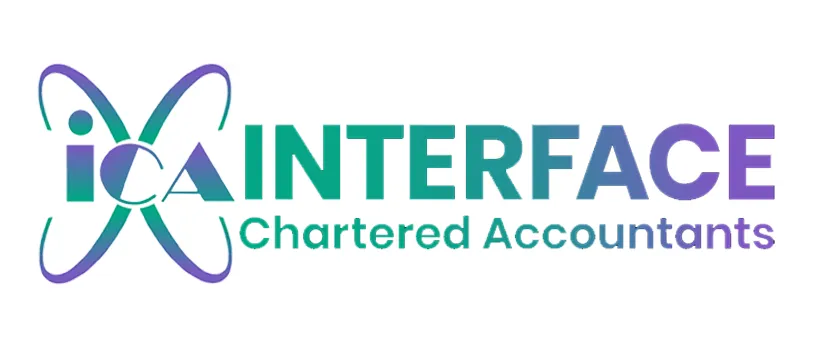Am I Qualified for Self-Assessment Tax Return?
There are numerous questions that come up when you start working for yourself, and one crucial one is whether you need to file a self-assessment tax return. Understanding the need for a self-assessment is essential for your financial compliance even though it might not be at the top of your mind. As one of the leading tax accountants, we will discuss what a self-assessment comprises, who must submit one, and why it is crucial to keep up with it in this article.
What Is A Self-Assessment?
The method used by HM Revenue and Customs (HMRC) to calculate the amount of Income Tax and National Insurance contributions you owe on income that isn’t taxed at source is known as a self-assessment, also known as Form SA100. It’s critical to familiarise yourself with the procedure and maintain records to accurately complete your return.
Who Must Submit A Self-Assessment?
In general, self-assessment tax returns must be filed by anyone who gets income that isn’t subject to tax deductions at the source. People who typically need to perform a self-assessment include the following:
Sole Traders: If you run your business as a sole proprietor, no income tax nor national insurance contributions are withheld from the money you make. As a result, you must disclose this income to HMRC on your self-assessment tax return.
Directors of Limited Companies: They may need to submit a self-assessment tax return to HMRC in order to disclose any dividend income received from their firm.
Additional Income Sources: If you receive money from investments, rental properties, or foreign sources that aren’t taxed at source, you’ll probably need to report this information on your self-assessment tax return.
When Should I File A Self-Assessment?
A self-assessment tax return must be submitted by January 31 of the year that follows the end of the applicable tax year. In the UK, tax year lasts from April 6 through April 5 of the following year. You don’t have to wait until 31 January to file your return, though. As soon as you get your Form P60 from your employer, if you are employed, you can submit your self-assessment. As a sole proprietor, you have until 31 January to submit your self-assessment. It is strongly advised to submit your self-assessment early because it offers various benefits.
Consequences of Missing a Deadline
You may be subject to fines or penalties for failing to notify HMRC that you must submit self-assessments, and if relevant, you may also be forced to submit self-assessments for earlier tax years. You can validate your registration status by contacting HMRC and providing your National Insurance number.
Significant fines may also be issued by HMRC for filing a self-assessment tax return late. To prevent excessive fines and penalties, it is essential to submit your self-assessment on time.
Paying Your Tax Bill for Self-Assessment
Self-assessment tax return filing is merely one step in the procedure. Additionally, you need to make sure that you pay any taxes due before January 31st. The amount you owe to HMRC can be paid via bank transfer or Direct Debit. It should be noted that the use of personal credit cards to pay for self-assessment tax payments has been discontinued. Additionally, it is no longer possible to pay your tax bill at the Post Office.
Looking for Help with Self-Evaluation?
It may be helpful to obtain advice from qualified chartered accountancy firms like Interface Accountants if submitting a self-assessment tax return appears complicated or intimidating. We can advise you, guarantee accuracy, and assist you in maximising your tax efficiency.
Conclusion
Self-employed individuals must grasp the requirements and importance of a self-assessment tax return. You can ensure compliance and prevent penalties by understanding who needs to file a self-assessment, adhering to deadlines, and fulfilling tax obligations. If you’re uncertain, consult a self assessment accountant who can provide expert guidance tailored to your specific situation. It’s crucial to remember that maintaining organization and precision throughout the year will facilitate a smoother and hassle-free self-assessment process.
 Skip to content
Skip to content

